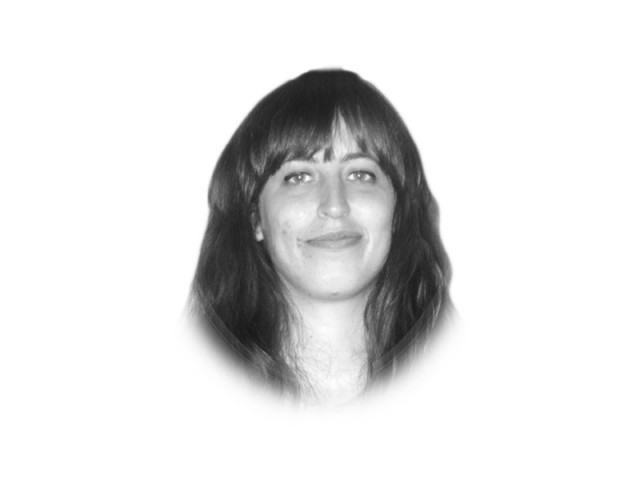Making the most of our diversity
We must honour the dignity of all human beings, no matter his or her religion or lack of faith

Apart from being a symbol of Peshawar’s eclectic commercial and architectural heritage, the All Saints Cathedral, which was established in 1883, has unfortunately, become an icon of fear. The building itself would not look out of place if it were located in Venice, where East meets West architecturally and with its setting amidst a busy market area. Farsi scripture adorns the archways of the massive white cathedral, purposefully built in the traditional Catholic shape of the cross with adjoining prayer rooms, also known as chapels, in the shape of half-moons surrounding the central choir. My Pakistani husband and I visited the exterior grounds of the Peshawar All Saints this past Easter at the end of April. The cathedral, which is surrounded by heavy walling and barbed wiring, was also attended by extra armed policemen, properly guarding the church. Today, the cathedral and bazaar remain under strict police security after the 2013 attacks.
We, as brothers and sisters, under one sky have to rise up to the challenge of facing religious diversity. A British scholar of Islam, Ari Azabanee, introduced me to the Quranic idea that a basic factor of human existence is difference. This is a great challenge, but people are created to lead a life of diversity. Besides, without diversity, life would be dull, difficult, even boring. Humans, even non-extremists, misuse this great blessing of diversity and are often afraid to talk about it or acknowledge it. Diversity is a gift for us all to lead a happy and pleasant life, and should not be left to the elephant in the room or skeletons locked in a closet. Differences are a sign of mercy from God and we are naturally subject to the beauties of difference.
The Holy Quran praises diversity. Instead of crying over spilled milk, and lamenting how negative diversity is and can be, we should use this very diversity to make the best outcome from it. The Islamic concept of ta’aruf particularly comes to mind. If we are to know each other, we get to know the other and will begin to embrace others as extensions of ourselves. For example, science is all about uncertainty. How do scientists prove something to be wrong? Like scientists, we must embrace our willingness to be wrong and to stop and start again, consider things again. This is a basic way of beginning to understanding humanity. The Holy Quran teaches to accept our differences and attain peace; it also teaches us to celebrate gender and cultural differences, though affirming one another. While there may indeed be multiple truths understood in different ways, as science would have it, the challenge is to amplify this Quranic teaching of knowing each other and instilling this teaching as an integral part of our daily lives. We must honour the dignity of all human beings, no matter his or her religion or lack of faith.
Published in The Express Tribune, October 25th, 2014.
Like Opinion & Editorial on Facebook, follow @ETOpEd on Twitter to receive all updates on all our daily pieces.













COMMENTS
Comments are moderated and generally will be posted if they are on-topic and not abusive.
For more information, please see our Comments FAQ